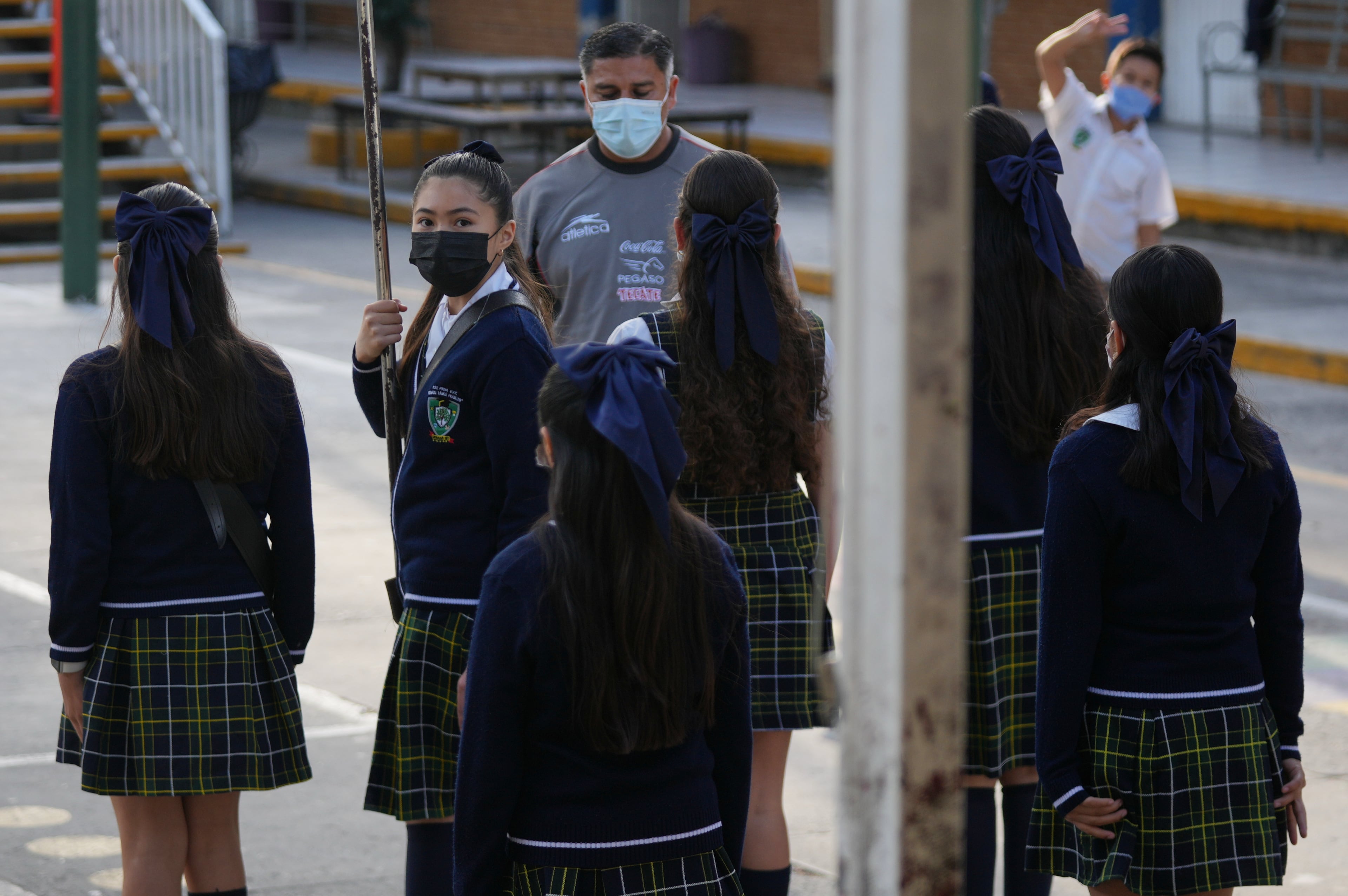Measles spreads from Georgia State student to three others

EDITOR’S NOTE: This story was reported by HealthBeat.
Measles has spread from an unvaccinated Georgia State University student to three other people, bringing the total cases reported in Georgia this year to 10.
Three “close contacts” — two who were unvaccinated and one with an unknown vaccination status — got measles from the student, according to a press release from the state Department of Public Health. The three new patients are isolating at home.
Measles is highly contagious and can linger in the air for up to two hours after an infected person has been there. In a group of unprotected people, 9 in 10 of those exposed will be infected.
Earlier this month, the DPH reported that an unvaccinated person had measles who had spent time on the Georgia State campus; at Inter Atlanta FC soccer practices and games; and at a Sweetgreen restaurant at Ponce City Market.
The initial case prompted a large contact tracing effort by the Fulton County Board of Health and DPH that had identified 268 close contacts of the student as of Tuesday. Seven are enrolled in “active monitoring.”
The student had not traveled outside the United States.
Georgia State requires students to be vaccinated but allows exemptions for religious reasons. Students must sign an affidavit to obtain the exemption, a spokesperson told Healthbeat. The student did not live in GSU housing.
Georgia had six measles cases in 2024. This year, a January outbreak involved three unvaccinated children from the same Gwinnett County family after the initial patient had traveled to New York City. A second outbreak reported in May involved three unvaccinated members of the same family who contracted measles after at least one member traveled internationally.
Nationally, 1,514 cases have been reported as of Sept. 23, according to the Centers for Disease Control and Prevention. Most of the cases are connected to a large outbreak in west Texas and New Mexico. Two Texas children and a New Mexico adult — all unvaccinated — have died. Cases have been reported in South Carolina, Alabama, Florida and South Carolina this year.
A school-age child in California recently died from a rare but fatal complication of measles, subacute sclerosing panencephalitis. The child contracted measles as an infant before they were eligible to receive the vaccine, the Los Angeles County Department of Public Health reported earlier this month.
Vaccination is the most effective way to prevent measles. Children typically get two doses of the vaccine as part of the measles, mumps rubella regimen — the first between ages 12 and 15 months and the second between ages 4 and 6 years.
About 95% of people need to be vaccinated to prevent widespread transmission of the virus, or achieve “herd immunity,” according to the CDC.
In Georgia, vaccination rates have been on the decline.
Kindergarten vaccination data from the CDC show 86.8% of the state’s children were fully up-to-date on their MMR vaccinations last year.
Symptoms of measles include a high fever, cough, runny nose, red watery eyes and a characteristic red rash.
People who suspect they or their child have measles are urged to call their health care providers before going to a hospital, clinic or doctor’s office to avoid infecting staff and other patients.


